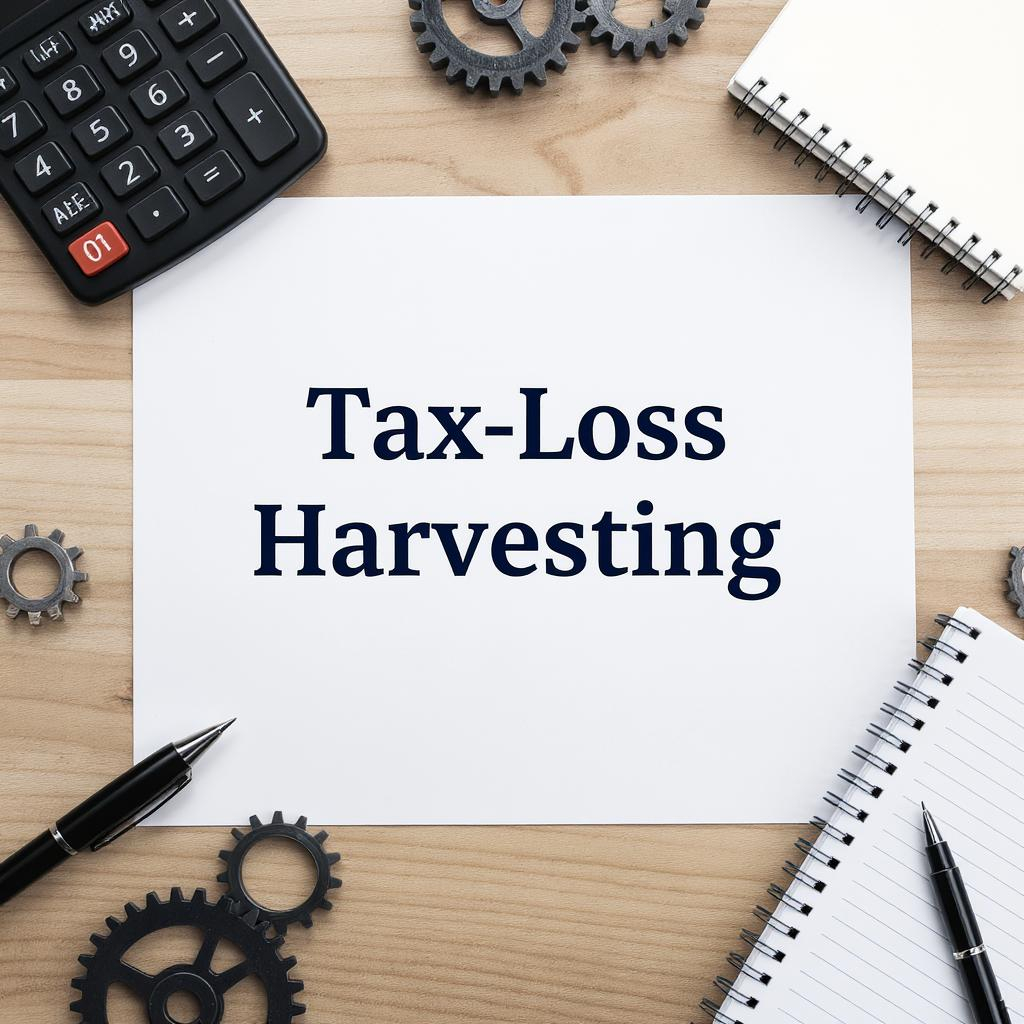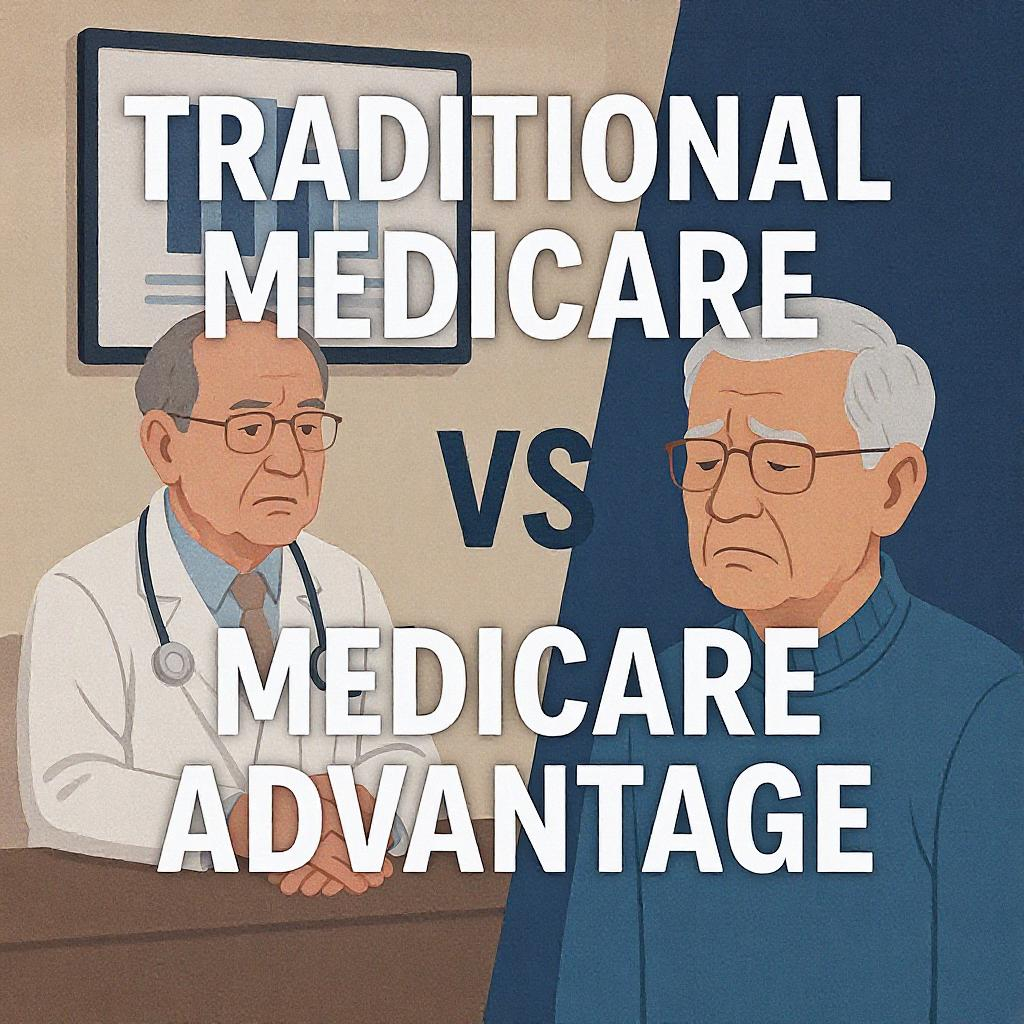For married couples who have built multimillion-dollar estates, the thought of substantial estate tax liabilities can be daunting. With current federal exemptions facing a dramatic reduction after 2025, the urgency to plan has never been greater. The good news? A sophisticated arsenal of planning tools exists to help you significantly minimize, or even eliminate, these taxes, ensuring more of your hard-earned wealth passes to your loved ones, not the taxman.









